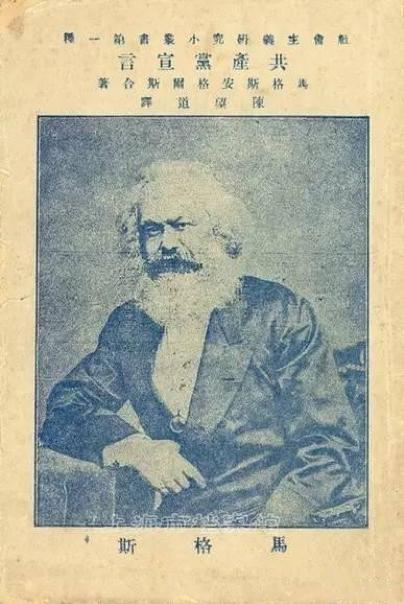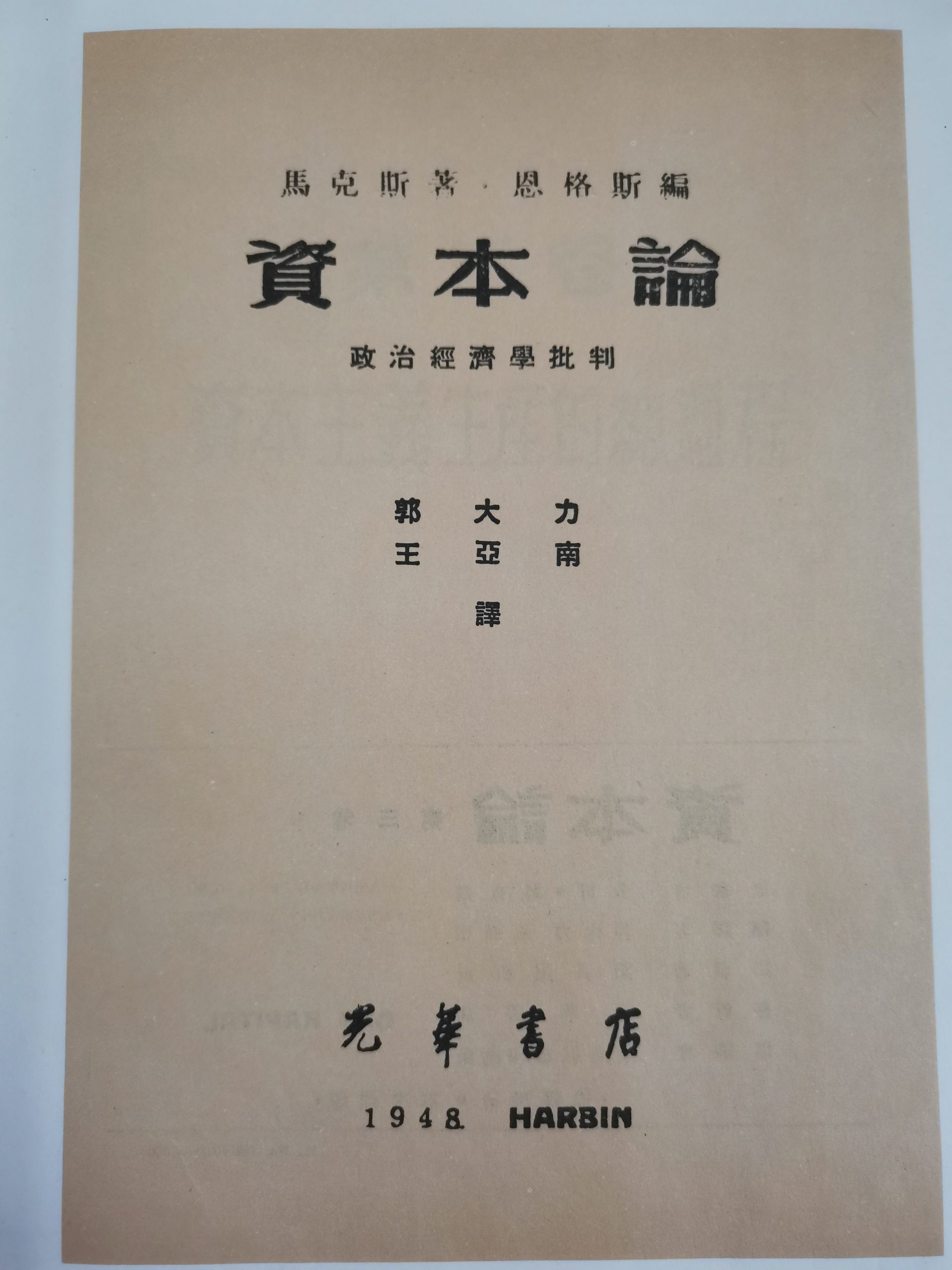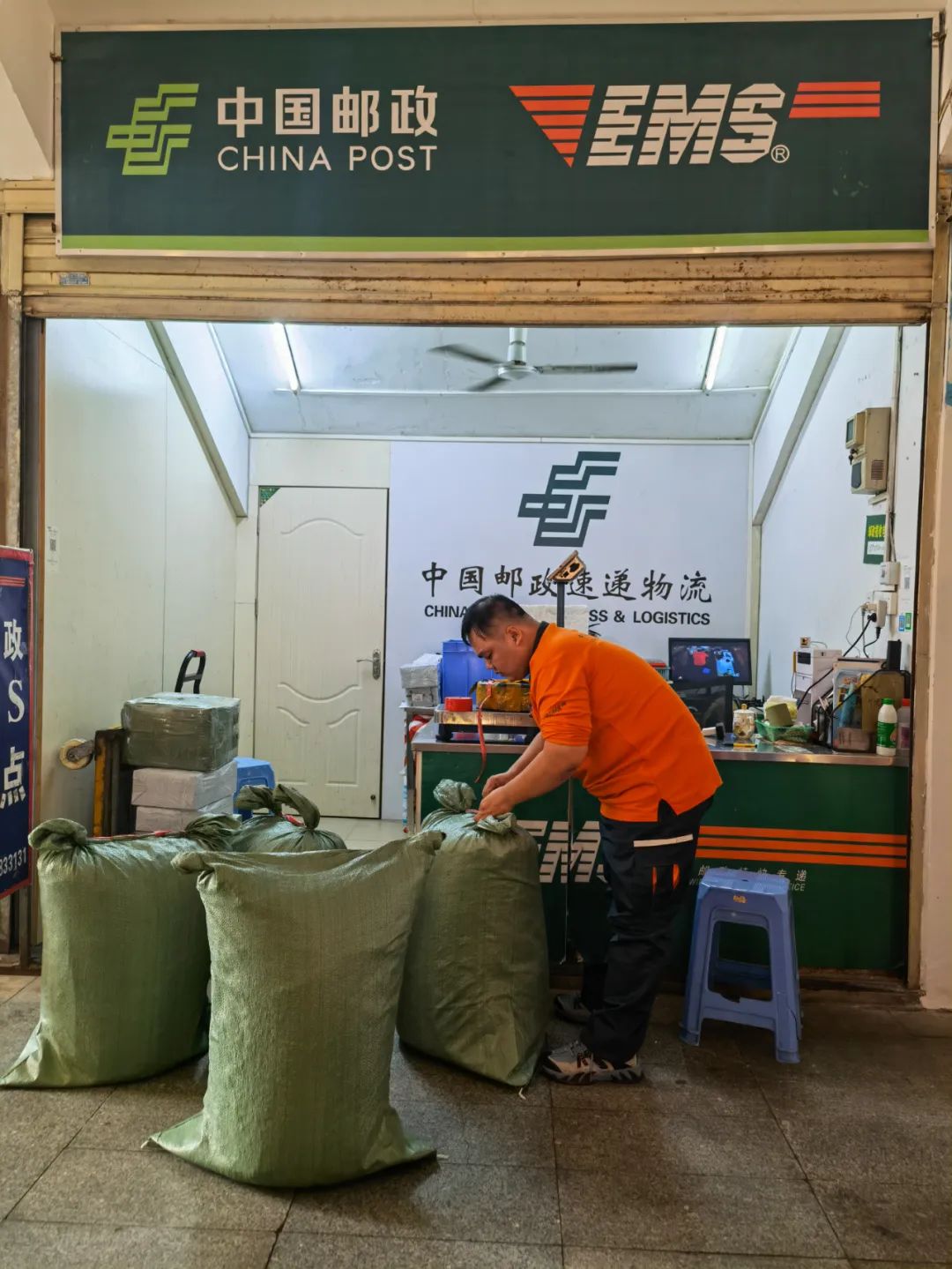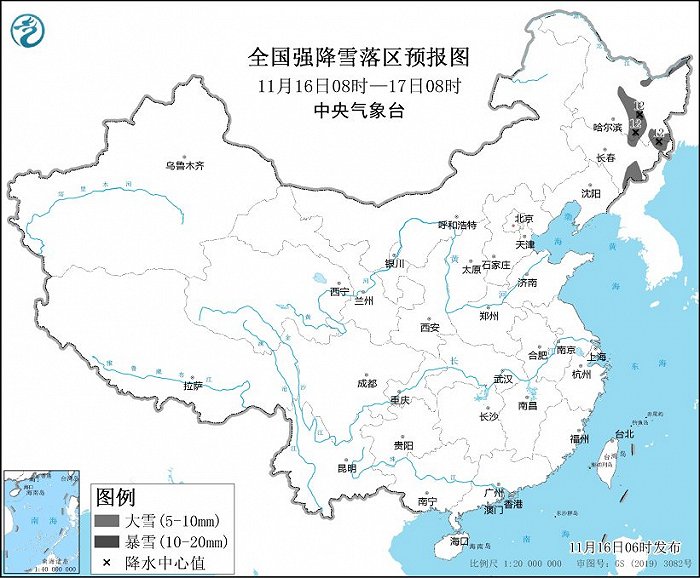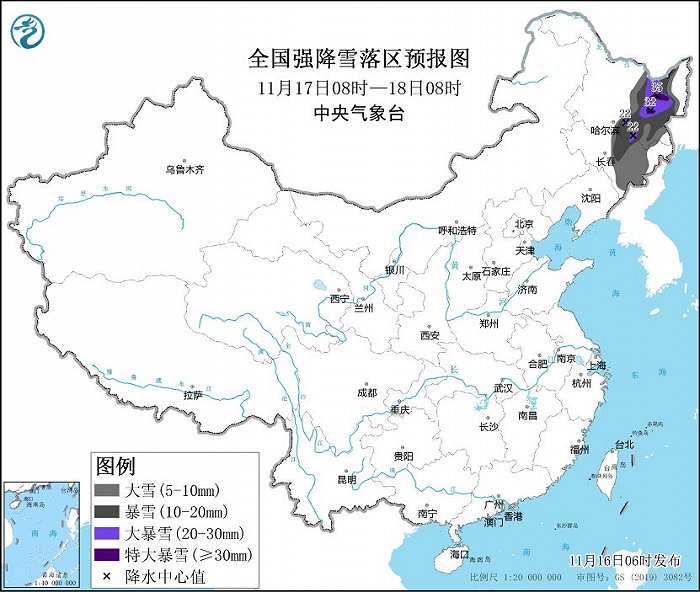Xinhua News Agency, Beijing, April 2nd Title: Consolidate the Foundation of "Stability" and Concentrate the Power of "Progress" —— Scanning the current economic and social development in various parts of the country
Xinhua news agency reporter
Spring is getting stronger, and it is warm and cold at first sight. At present, China’s epidemic prevention and control work is facing severe challenges, and the pressure of steady growth is increasing.
Xinhua News Agency reporters went deep into the front-line investigation and found that in the face of multiple pressures, all localities conscientiously implemented the important instructions of the General Secretary of the Supreme Leader, and increased the intensity of precise prevention and control. At the same time, they tried their best to stabilize the chain, strive for steady growth, race against time to busy spring ploughing, and take many measures to benefit people’s livelihood … In coordinating epidemic prevention and control and economic and social development, they made firm progress towards achieving the annual development goal.
Persistence is Victory —— Fighting against Epidemic and Grasping Development
The production line is running at a high speed, and the workers are nervous and busy, and the fiery breath of catching up is coming from the production workshop of fujifilm Manufacturing (Shenzhen) Co., Ltd.
"We must strive to get back the production time." The general manager of the company, Long Tail Minqing, introduced that it has contributed 70% of the global production of fujifilm Group. At present, on the basis of doing a good job in epidemic prevention, the company is making every effort to grab the progress by expanding the production team and working in two shifts.
The Standing Committee of the Political Bureau of the Communist Party of China Central Committee meeting held on March 17th emphasized that it is necessary to make overall plans for epidemic prevention and control and economic and social development, take more effective measures, strive to achieve the maximum prevention and control effect at the least cost, and minimize the impact of the epidemic on economic and social development.
Shenzhen is fighting at the same time on the "three fronts" of stopping the local epidemic, supporting Hong Kong in fighting the epidemic and ensuring the smooth and orderly operation of the city, and doing its best to prevent and control the epidemic in the city.
Adhere to the "one chain, one policy" and "one enterprise, one policy" to continuously enhance the resilience of the industry to cope with the impact of the epidemic; Take out real money to help market players to transfuse blood and promote blood circulation, reduce rent, reduce water and electricity charges, and delay the payment of social insurance premiums … It is estimated that the burden on market players will exceed 75 billion yuan.
Port is an important defense line for foreign defense input, and it is also an important link to stabilize the industrial chain supply chain and ensure the smooth internal and external circulation of the economy.
The reporter learned from the press conference held by the Information Office of Shandong Provincial Government on March 29th that the epidemic in Shandong Province since the end of February has been effectively controlled.
Even in the most tense stage of epidemic prevention and control, the fully automatic container terminal of Qingdao Port, Shandong Port, a northern port, is still around the clock. In the first quarter, the container throughput is expected to increase by 22.8% year-on-year, and the single-machine operation efficiency of bridge crane has set a new world record for loading and unloading efficiency for the eighth time.
Behind the "unmanned wharf" is refined control. "This achievement is hard-won, and every minute we strive for is crucial for ensuring a stable supply chain!" Li Bo, assistant general manager of the terminal, said.
It is particularly critical that the epidemic situation blocks the flow of people and ensures the efficient and smooth logistics, capital flow and information flow that support the stable operation of the economy.
Shanghai strives to "fight on two fronts", tries its best to curb the spread of the epidemic and make every effort to ensure the efficient and smooth flow of major arteries such as finance and trade.
Shanghai Stock Exchange, Shanghai Futures Exchange, China Financial Futures Exchange and other major financial factor markets all opened for trading on time, and smoothly completed all-day trading; Shanghai Port is still busy, and the container throughput per day is still around 140,000 TEUs …
To ensure the people’s normal production and life are stable and orderly, the supply of energy such as coal, electricity, oil and gas is the foundation, and the safe and stable operation of the chemical industry is very important.
Since March, the crude oil processing load of Jilin Petrochemical Company has been increased to more than 25,000 tons per day, and it has been actively optimized and adjusted according to market demand.
Facing the epidemic situation, Jilin Petrochemical quickly adjusted the management mode of production operation, implemented closed operation and grid management, and intensified special inspections in view of the characteristics of large temperature changes in winter and spring to ensure safe and stable operation of production and fully guarantee energy supply. (Reporter Chen Yuxuan, Wang Kai, He Xinrong, Ma Xiaocheng, Si Xiaoshuai reported)
Maintain strategic strength-stabilize the basic disk and anchor high quality
Prophet of Chunjiang plumbing "machine" Sany Heavy Industry’s "Excavator Index" based on the Internet platform of Shugen Internet shows that the average workload of excavators and truck cranes nationwide increased steadily in March compared with the previous two months, which means that a large number of key projects were started intensively, conveying a positive signal of steady growth in investment.
Under the current complicated and severe domestic and international situation, it is very important to maintain a stable economic operation in the first quarter and the first half of the year to achieve the annual goal.
Expanding effective investment is an important measure to promote the steady growth of expanding domestic demand.
The spring breeze in March swept the Liuyang River. On a construction site of Malanshan Video Wenchuang Industrial Park in Changsha, Hunan Province, eight excavators of the General Contracting Company of China Construction Fifth Bureau were under intense construction, and the engine roared one after another.
A publishing "DreamWorks" integrating creative center, media art center, publishing museum and other formats will rise. On the land of Sanxiang, 309 provincial key projects are accelerating this year, with a total investment of 1.89 trillion yuan and an annual planned investment of 452.7 billion yuan.
In Guizhou, with the comprehensive launch of the "East Counting and West Computing" project, local new infrastructure projects are being pushed forward.
In China Unicom’s an yun data center, the second-phase construction planning and preliminary preparations for civil works are in full swing. Guizhou plans to implement a large-scale promotion of digital facilities, and strive to invest 17 billion yuan in the field of big data throughout the year.
The busyness of coastal ports reflects the temperature of economic operation.
The whistle sounded, and the "Golden Star Brett" berthed at Tianjin Port Alliance International Container Terminal officially set sail. This "China-Australia Express" route, which was first opened in Tianjin Port, will put seven professional container ships between Tianjin and Sydney, Melbourne and Brisbane in Australia.
"The opening of the new route has reduced the delivery cycle of enterprises from 50 days to 25 days, and the capital turnover is faster." Yu Guangzhu, marketing manager of Tianjin Wanda Tire Group Co., Ltd. said.
Take measures to stabilize foreign trade and help the economy run smoothly. According to the data released by the General Administration of Customs on March 7, in the first two months of this year, China’s total import and export value was 6.2 trillion yuan, up 13.3% year-on-year, of which exports increased by 13.6%, basically achieving a stable foreign trade.
If the grain is stable, the world will be safe, and the spring ploughing map is slowly unfolding from south to north.
The snow and ice in the black land began to melt, and spring ploughing was just the time. Farmers come in to buy seeds from time to time at Huifeng Seed Distribution Office in Lanxi County, Heilongjiang Province.
"Last year, I only planted 5 mu of soybeans. Because there are many subsidies for planting soybeans this year, I am going to increase it to 150 mu." Yue Wei, a farmer from Hongguang Town, Lanxi County, calculated an "economic account" for the reporter.
This year, the No.1 Document of the Central Committee proposed to vigorously implement the soybean and oilseed production capacity improvement project. Heilongjiang is the largest production and supply base of high-quality soybeans in China. This year, the soybean planting area will increase by more than 10 million mu, and the output is expected to increase by more than 2.6 billion Jin.
Have food in your hand, but don’t panic in your heart. To ensure the reasonable income of grain farmers, and not to miss the farming season, practical measures are being taken to ensure that Chinese’s rice bowl is firmly in its own hands.
From the construction site to the factory building, from the port to the farmland, we insist on stability and progress. With the gradual implementation of various policies, the powerful force to stabilize the macroeconomic market is growing; Firmly implement the innovation-driven development strategy, and new energy to promote high-quality development is being accumulated.
The robotic arm flips deftly, and the 1Hz low-power AMOLED display screen of the independent innovation product "spits out" neatly from the production line … The sixth-generation all-flexible high-definition AMOLED production line of Visionox production base covering an area of 745 mu in the north of Hefei, Anhui Province has been continuously running and supplying for 24 hours, and entered a new stage of capacity and yield climbing.
Rely on innovation to enhance the core competitiveness of manufacturing industry and cultivate new kinetic energy. In the first two months of this year, the added value of industrial enterprises above designated size in Anhui Province increased by 8.8% year-on-year, and the output value of strategic emerging industries increased by 19.4%, which was 3.2 percentage points faster than the industrial output value. (Reporter Bai Tiantian, Xiang Dingjie, Wang Jinghuai, Huang Teng, Ma Shurui, Zhang Jian reported)
Adhere to the people first-solve problems and benefit the enterprise and the people
A bowl of hot mutton soup exudes the fireworks of the city and conveys the confidence and warmth of individual merchants.
On March 24th, the day when the national policy of reducing or exempting the value-added tax for small-scale taxpayers was promulgated, Zhang Wenwen, the owner of Four Seasons Mutton Restaurant in Shuanggou Town, Suining County, Xuzhou City, delivered a bowl of hot mutton soup to every customer for free. Benefiting from the latest burden reduction policy, this mutton restaurant is expected to reduce the value-added tax by nearly 100,000 yuan for the whole year. "The country sent a’ big red envelope’ and we also sent a’ small gift package’."
About 2.5 trillion yuan-in recent years, the largest implementation of combined tax refund and tax reduction has begun. Recently, the central level has intensively introduced relevant burden reduction policies such as tax rebates, and local implementation and supporting measures have been released one after another.
Jiangsu, the introduction of "Su Zheng 40" precision drip irrigation small and medium-sized enterprises; In Liaoning, 445 preferential tax and fee policies are "free to apply and enjoy"; Gansu, providing "zero time difference" service for policy implementation …
"Cash flow is the lifeline. At present, our investment in Suzhou projects has exceeded 3 billion yuan. This year’s VAT refund will effectively ease our financial pressure and strengthen our confidence." Guo Xiangdong, deputy general manager of Innoseco (Suzhou) Technology Co., Ltd. said. The production lines of this unicorn enterprise in the third-generation semiconductor field are operating in an orderly manner, and the construction of the Suzhou R&D building project is accelerating.
Spring is getting stronger, and magnolia flowers are blooming. In order to promote the effectiveness of financial policies, Beijing has established a team of micro-financial service consultants to accurately pulse all kinds of enterprises and let financial institutions "dare to lend and be willing to lend".
"I didn’t expect the government to take the initiative to come to the door, and the first loan of 500,000 yuan from pure credit continued the life of the enterprise." Guo Yinlong, founder of Beijing Xiyou Food Technology Co., said that micro-financial service consultants helped them find guarantee companies, apply for guarantee fees and loan interest rate subsidies, and helped enterprises tide over the "cold winter" of funds until the spring of this year.
During the "Golden Three Silver Four" recruitment season, all localities are in full swing to promote employment. Focusing on key industries and focusing on key groups, new measures to promote employment have also come one after another.
"Recruitment of Web front-end development engineers, operation and maintenance engineers, IT engineers …" Chongqing Shangyou Technology Co., Ltd., a high-tech enterprise in communication technology, urgently needs to recruit a group of technicians recently. After posting the recruitment demand in Chongqing’s digital economy talent market, dozens of resumes were received soon.
In order to introduce digital economy talents, Chongqing Digital Economy Talent Market launched the "Online Talent Introduction Activity for Digital Economy Talents". By the end of March, more than 36,000 recruitment demands had been released by units that had attracted more than 1,700 households.
Liao Wei, a migrant worker from Renshou County, Sichuan Province, has just found a job in the human resources market in Jinjiang District, Chengdu, and is waiting to go to an employment enterprise by bus. "I am a welder, and I have negotiated a position with a company, with a monthly salary of more than 4,000 yuan. Looking for a job is quite smooth, and I am quite satisfied with this treatment. "
It is understood that Sichuan Province is in full swing to build a comprehensive service station for migrant workers in the province, and strive to open up the "last mile" of services to ensure the employment of migrant workers.
From the central government to the local government, from the city to the countryside, in response to the current complex situation, governments at all levels have strictly controlled various expenditures to live too tight, and saved the people to effectively improve people’s livelihood and well-being.
Loufan county, Shanxi Province is located in the hinterland of Luliang Mountain. This year, under the tight financial situation, it increased 20 million yuan to invest in education and awarded basic performance awards to more than 1,100 teachers in compulsory education in the county, so as to meet the requirement that the salary of teachers in compulsory education should not be lower than the average salary of civil servants.
I found that my monthly salary has increased by 1,830 yuan recently. Chang Yongchun, a teacher at Dujiaoqu Town Central School in loufan county, said with emotion: "It can greatly improve my life at home and let me take root in teaching in the countryside with peace of mind."
The spring is bright and the bees are dancing sweetly. Liu Fuhua, a poverty-stricken household in Jiangshan Village, Dongshang Township, Jinggangshan City, Jiangxi Province, has raised more than 70 boxes of bees this year, and with the income from working nearby, he can earn 100,000 yuan a year. Recently, he put buying a car on the agenda.
In order to cultivate modern agricultural industry and increase farmers’ income, Dongshang Township has integrated more than 30 mu of land with a total capital of 400,000 yuan, encouraging cooperatives to build demonstration bee farms and driving more villagers to participate in the "sweet industry".
Wind, frost, rain and snow can’t stop the pace of spring. As long as we strengthen our confidence, unite as one, consolidate the foundation of "stability" and unite the strength of "progress", we will surely reap fruitful results. (Reporter Pan Ye, Chen Xu, Ke Gaoyang, Chen Jian, Li Ziwei, Zhao Yang, Xiong Jialin and Guo Jiewen reported)
Reporter: Xie Xiyao, Zou Duowei, Liu Xiacun

